AMD发布新的AI芯片以与Nvidia竞争
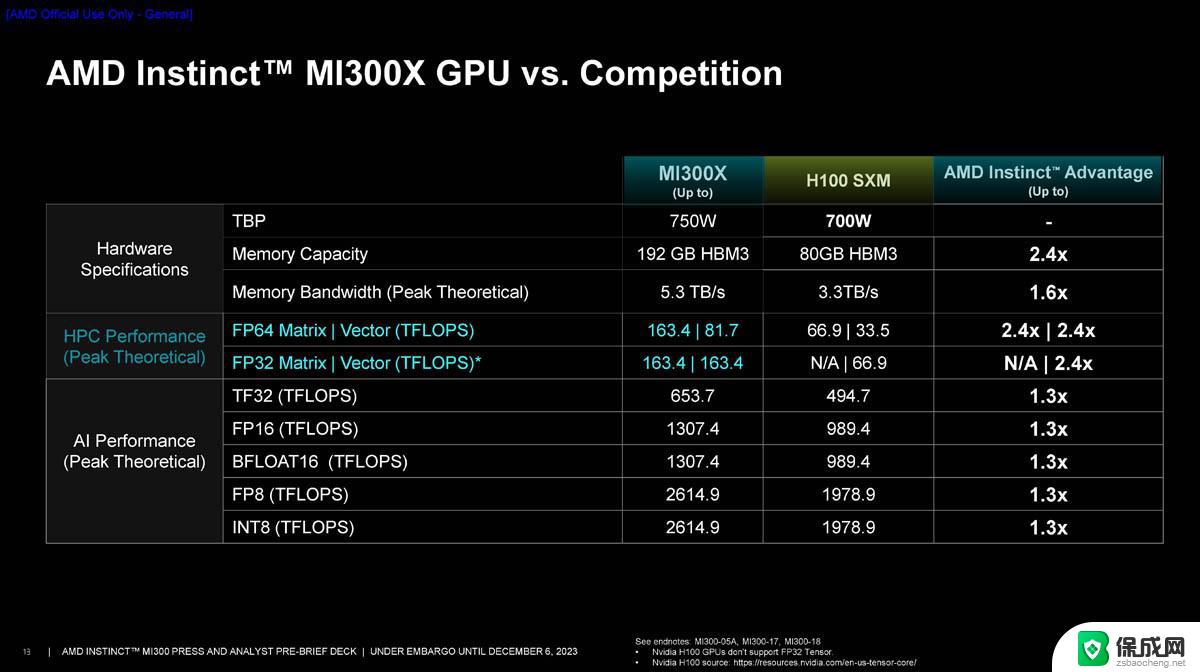
At the Computex trade show in Taipei, AMD CEO Lisa Su revealed the MI325X accelerator, set for release in the fourth quarter of 2024.
The demand for advanced chips in AI data centers has surged due to the development of generative AI programs. AMD aims to compete with Nvidia, which dominates about 80% of the AI semiconductor market. Since last year, Nvidia has committed to an annual release cycle, a strategy AMD now adopts.
"AI is clearly our number one priority as a company and we have really harnessed all of the development capability within the company to do that," Su said. "This annual cadence is something that is there because the market requires newer products and newer capabilities... Every year we have the next big thing such that we always have the most competitive portfolio."
AMD also introduced an upcoming series of chips called MI350, which is expected to be available in 2025 and will be based on new chip architecture.
Compared to the MI300 series of AI chips, AMD said it expects the MI350 to perform 35 times better in inference, the process of computing generative AI responses.
Additionally, AMD plans to release the MI400 series in 2026, featuring the "Next" architecture.
Su also unveiled the Ryzen 9000 series desktop processors, featuring the Zen5 architecture. The initial lineup includes the Ryzen 9 9950X, Ryzen 9 9900X, Ryzen 7 9700X, and Ryzen 5 9600X, all set to launch in July. The fifth-generation EPYC series AI GPUs are expected to ship in the second half of 2024, while the Versal AI Edge Gen 2 series processors are available for early access now.
In her speech, Su highlighted the global nature of the semiconductor ecosystem. She emphasized the importance of collaboration with key suppliers like TSMC and other partners in Taiwan, underscoring AMD's commitment to a resilient and interconnected supply chain.
“AI is a phenomenal technology that will only improve over time, but it's not perfect yet. We need to continue enhancing capabilities, models, training, and data,” said Su.
“While we haven't fully achieved artificial general intelligence (AGI), AMD aims to provide the foundational hardware, software, and systems to help leading AI researchers reach these milestones,” she added.
Nvidia's CEO Jensen Huang said last Sunday that the company's next-gen AI chip platform, Rubin, set for 2026, will include GPUs, CPUs, and networking chips.
Investors, who have poured money into AI chip firms, are seeking long-term updates to gauge the sustainability of the booming AI sector. AMD shares remained steady, while Nvidia shares rose over 3% on Monday. AMD's stock has more than doubled in value since the start of 2023, though Nvidia's has increased seven-fold in the same period.
In April, Su said that AMD expects AI chip sales to reach roughly $4 billion in 2024, up $500 million from previous estimates. At Computex, AMD also mentioned that its next-gen central processor units will likely be available in the second half of 2024.
Although businesses prioritize AI chips for data centers, some of AMD's CPUs are used with graphics processors, albeit with a preference for GPUs. AMD also detailed its new neural processing units (NPUs), designed for on-device AI tasks in AI PCs.
Chipmakers are relying on enhanced AI capabilities to drive growth in the PC market, which is recovering from a prolonged slump.
AMD发布新的AI芯片以与Nvidia竞争相关教程
-
 英伟达和AMD,GPU之外的下一个竞争高地:AI芯片市场的新战场
英伟达和AMD,GPU之外的下一个竞争高地:AI芯片市场的新战场2023-12-15
-
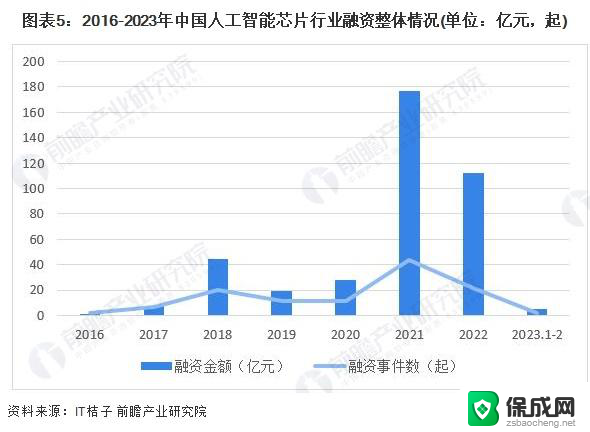 AMD发布“最强算力”,超越英伟达H100 HGX!AI芯片行业市场分析
AMD发布“最强算力”,超越英伟达H100 HGX!AI芯片行业市场分析2023-12-08
-
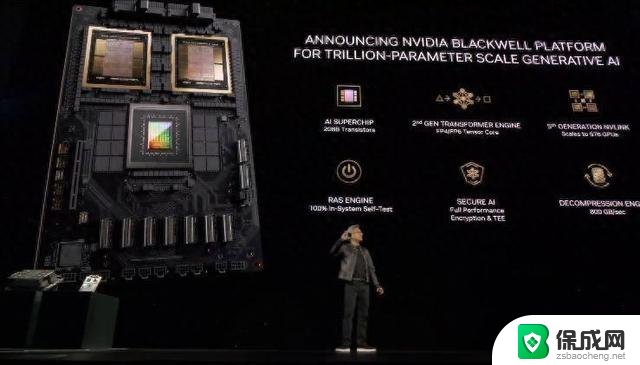 性能暴涨30倍,NVIDIA发布全球最强AI芯片,领跑人工智能领域
性能暴涨30倍,NVIDIA发布全球最强AI芯片,领跑人工智能领域2024-03-19
-
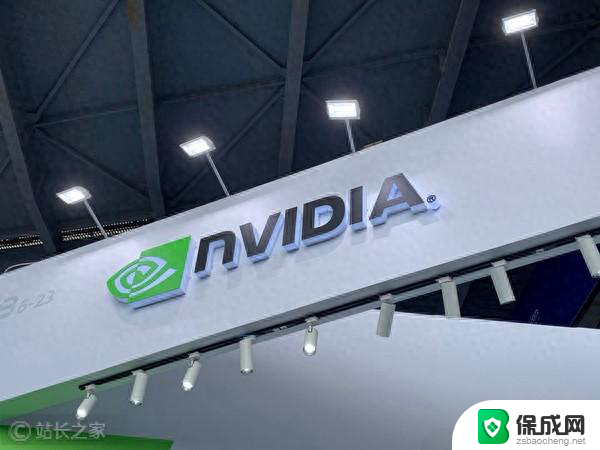 英伟达AI改变芯片行业,竞争对手奋起直追
英伟达AI改变芯片行业,竞争对手奋起直追2023-12-21
-
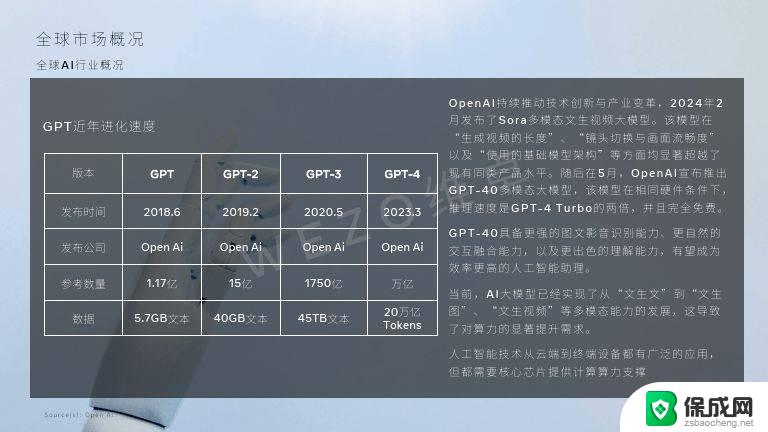 罕见!报道:因设计缺陷 英伟达最新AI芯片推迟发布,行业震动!
罕见!报道:因设计缺陷 英伟达最新AI芯片推迟发布,行业震动!2024-08-03
-
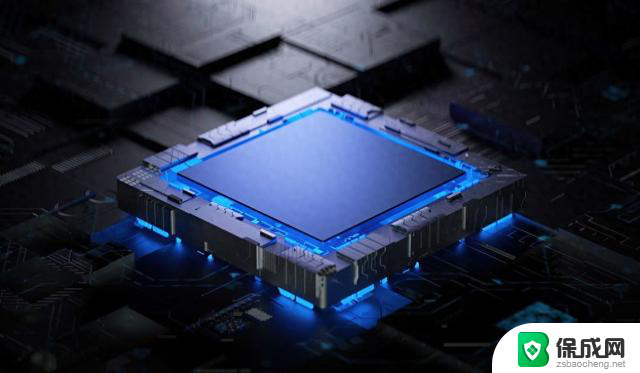 AMD发布“Sinkclose”漏洞部分更新,过时芯片不再受支持
AMD发布“Sinkclose”漏洞部分更新,过时芯片不再受支持2024-08-12
- AMD ROCm 6.2发布:新一代AI与HPC性能效果充分释放
- 微软全球技术大会发布自研芯片Athena,降低AI开发成本
- AMD Ryzen 9000(Zen 5)芯片组驱动程序和固件支持即将发布
- AI芯片迭代提速 AMD与英伟达“决战”5000亿美元市场,谁将称霸AI芯片市场?
- 英伟达还能牛多久?2021年英伟达最新动态及未来发展趋势分析
- 如何有效升级显卡以提升游戏性能和图形质量:详细教程和实用技巧
- 英伟达中国打造国产GPU,摩尔线程冲刺IPO,估值超255亿
- 详细教程:Win10系统激活的多种方法与步骤,最新有效激活方法大揭秘
- 微软下跌1.41%,报416.59美元/股,市值跌破2.5万亿美元
- 详细步骤教你如何在Win7系统中进行系统还原,轻松恢复系统设置
新闻资讯推荐
- 1 微软下跌1.41%,报416.59美元/股,市值跌破2.5万亿美元
- 2 详细步骤教你如何在Win7系统中进行系统还原,轻松恢复系统设置
- 3 聊聊游戏本该怎么选择CPU(处理器):如何挑选最适合游戏的处理器?
- 4 AMD致命一击 将在移动平台上3D缓存,提升游戏体验
- 5 初探微软Win10/Win11新版Terminal,AI提升终端命令体验,全面解析最新终端技术革新
- 6 2024年11月CPU横评及选择推荐指南:最新CPU性能排名及购买建议
- 7 英伟达现在为什么甩AMD几条街了?来看看原因-详细分析两家公司的竞争优势
- 8 英伟达盘中超越苹果,再次成为全球市值最高公司,市值超过2.3万亿美元
- 9 微软宣布Win10系统将退休,如何应对升级问题?
- 10 微软上涨1.25%,报411.435美元/股,市值再创新高
win10系统推荐
系统教程推荐
- 1 惠普笔记本电脑如何重装系统win10 惠普笔记本如何重装win10系统教程
- 2 win11怎样调出分屏 笔记本如何实现分屏显示
- 3 win11如何设置不休眠 Win11电脑不休眠设置方法
- 4 来电对方听不到声音,我听得到怎么回事 手机通话时对方听不到我的声音怎么办
- 5 word怎么改名字 Office用户名如何修改
- 6 电脑怎么样添加打印机 Win10正式版如何添加打印机驱动
- 7 一插电源电脑就自动开机 电脑接通电源后自动开机怎么办
- 8 微软surface人脸识别怎么设置 面部识别设置安全性
- 9 0xc0000225 win10 修复 Windows 10 错误代码0xC0000225修复方法
- 10 win7台式系统重装 我的台式电脑如何重新安装win7系统